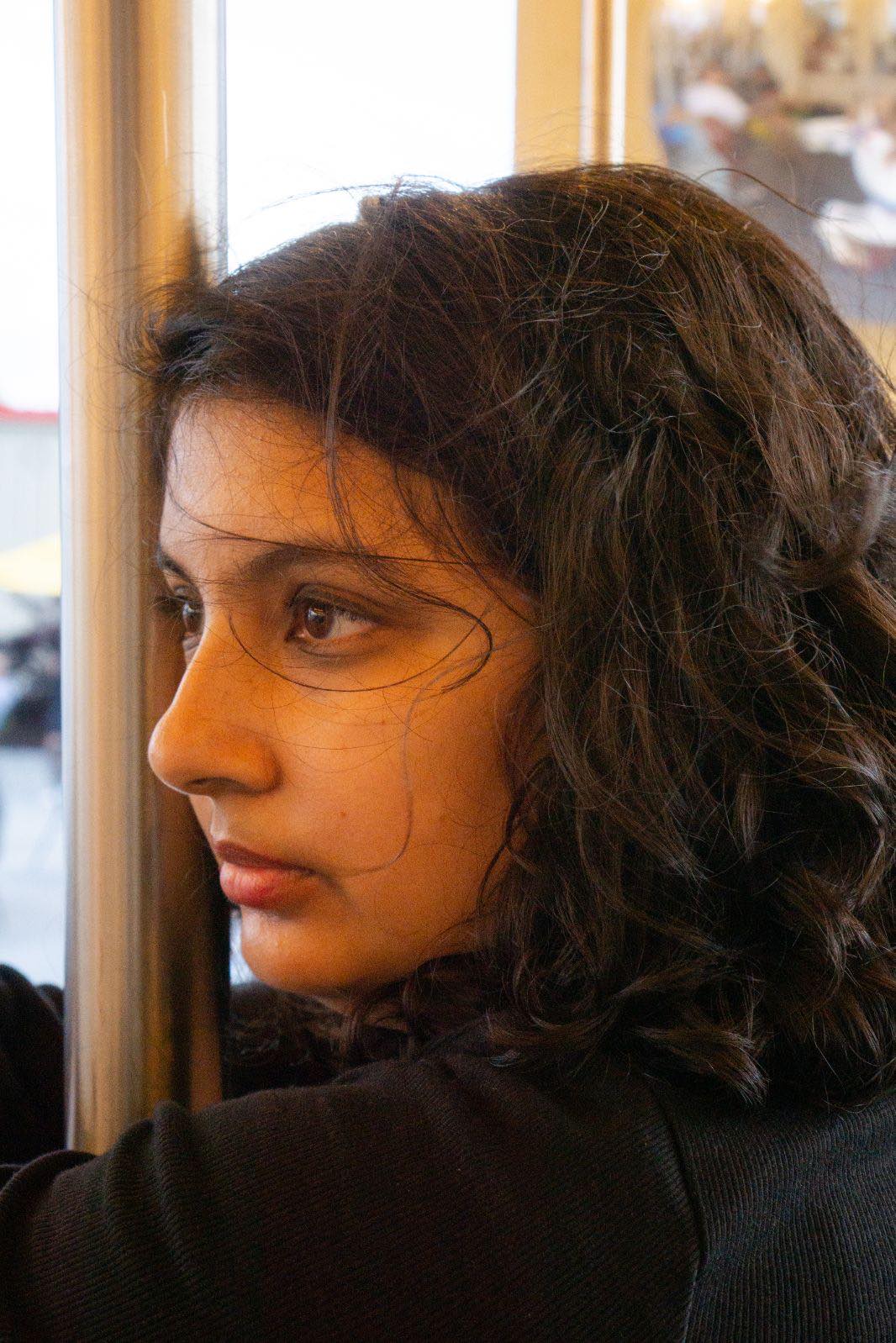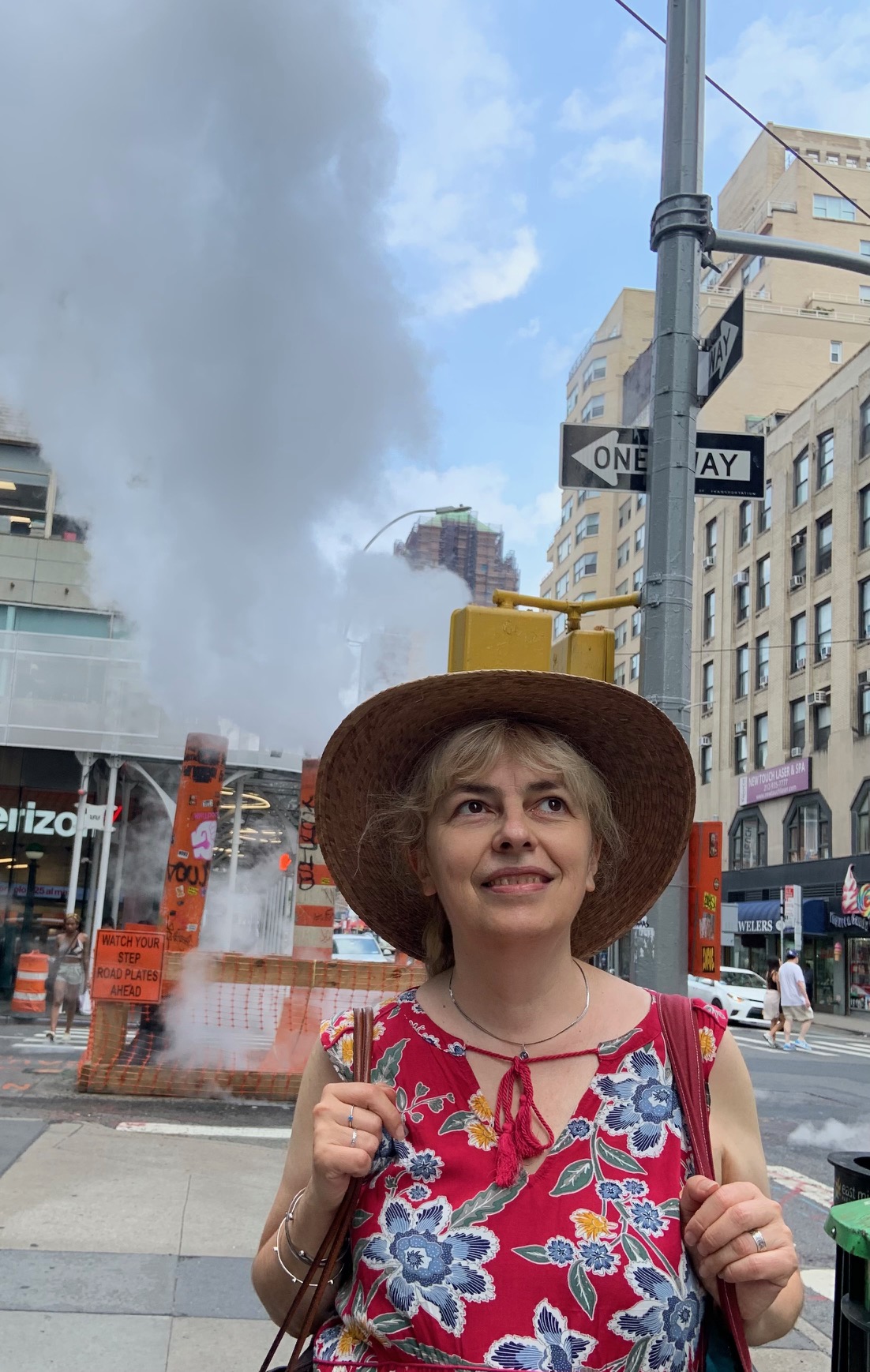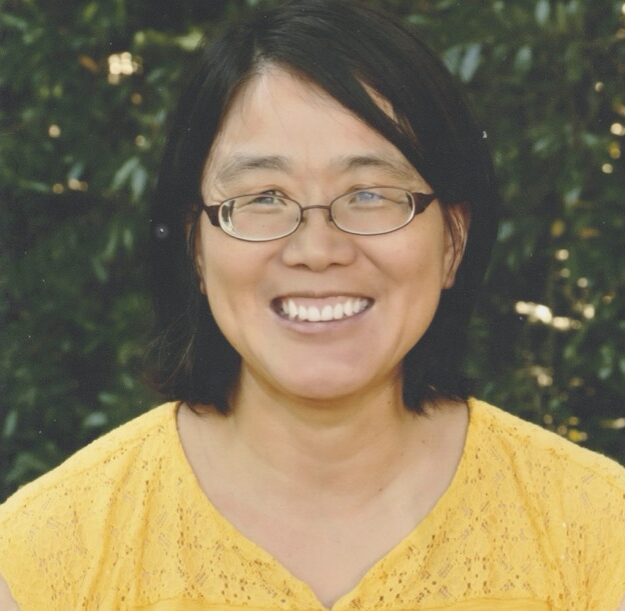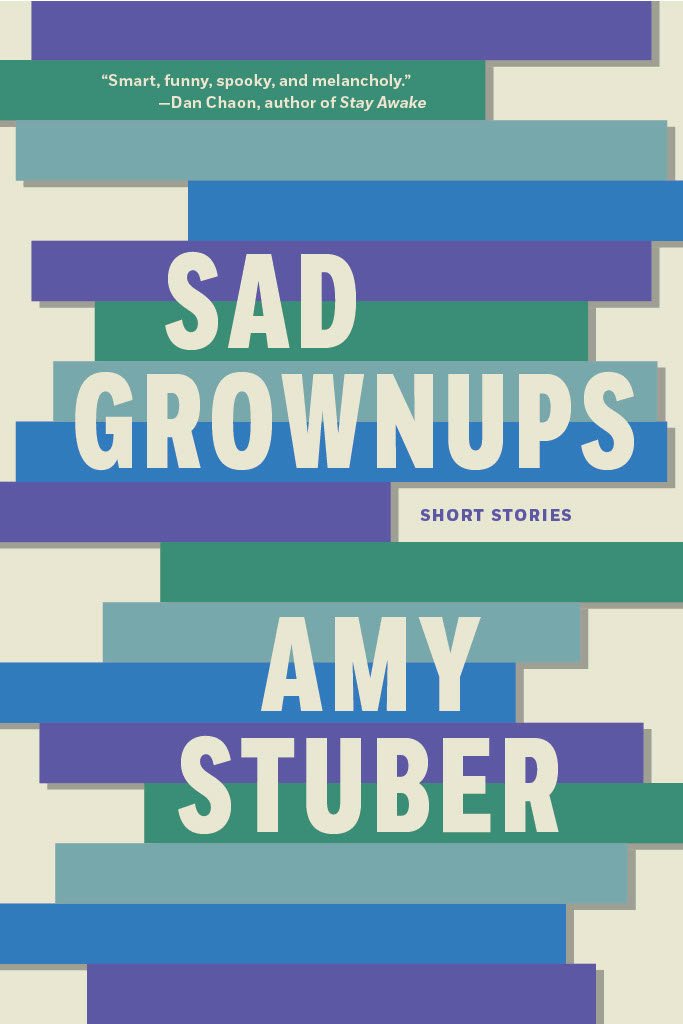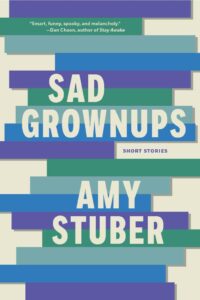Excerpted from Every Other Universe, a finalist for the Restless Books Prize for New Immigrant Writing 2024.
This planet is mine and I belong to this planet. I know because when the dirt hits my tongue I feel almost joy. The earth here tastes like blood, which I haven’t tasted in many years, but I remember it, I remember being a child and cutting myself on an open can my mother had left in the kitchen, so long ago the memory comes to me as if from underwater. I slid my thumb against the silver crease, and my skin forked and made a dripping. It was my first encounter with sincere pain, but I didn’t mind. I still don’t. It feels like stray teeth in my stomach, a hard, misplaced bite.
The medical team here, of which I am a part, is overstaffed. If there’s a hurt on you, we’ll find it, we’ll lay you horizontal on a clean white sheet and watch the monitors spasm green and black, we’ll dizzy you with painkillers. There’s nothing else for us to do. Pain has become almost absent from our planet. I miss it. I miss stomachaches and headaches, the way my mind would curve toward the small agonies, how the basket of my body carried my hurt everywhere I went. Now, people are dying without any hurt at all, vanishing in clean rooms that smell like lemons.
